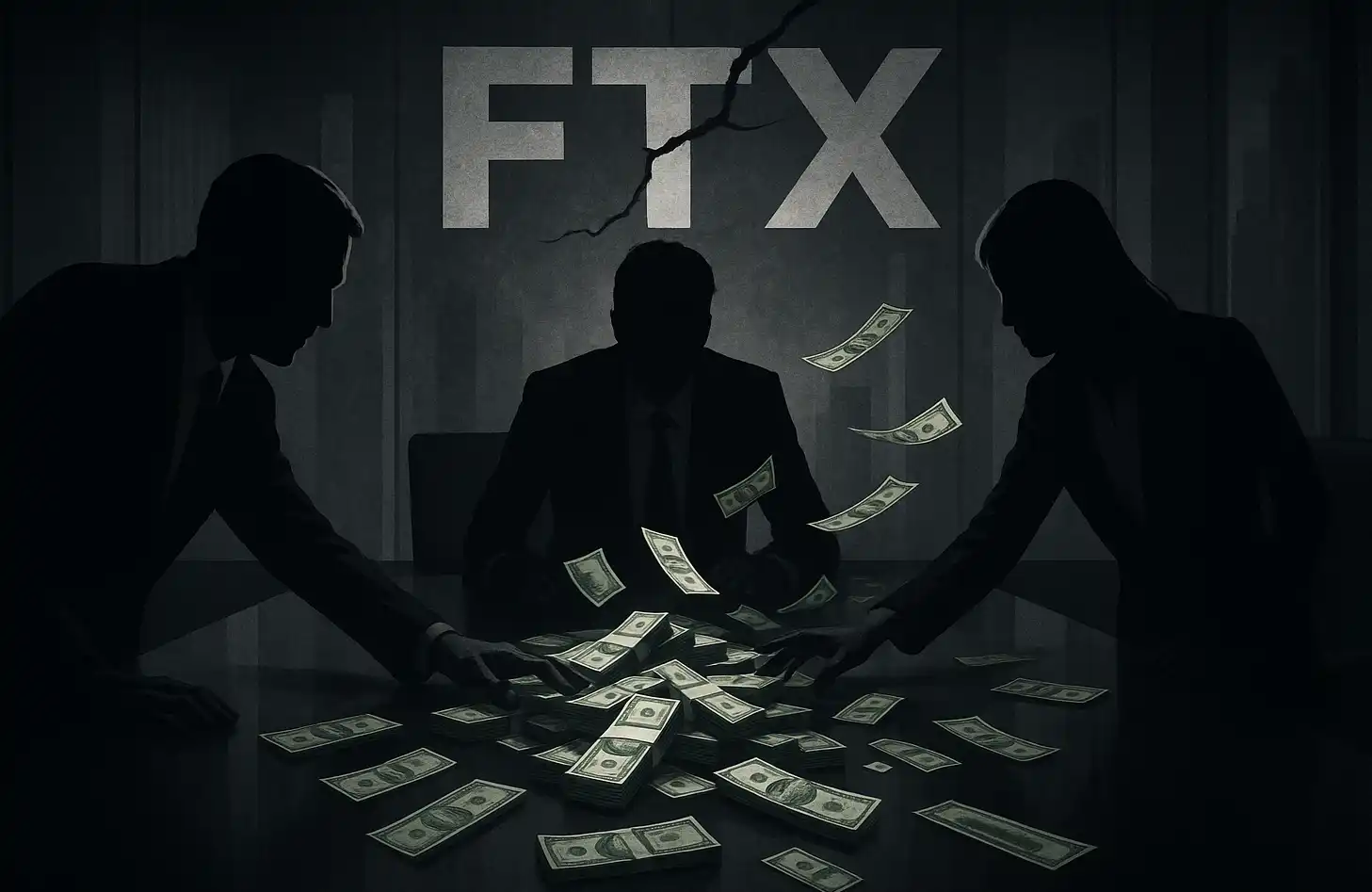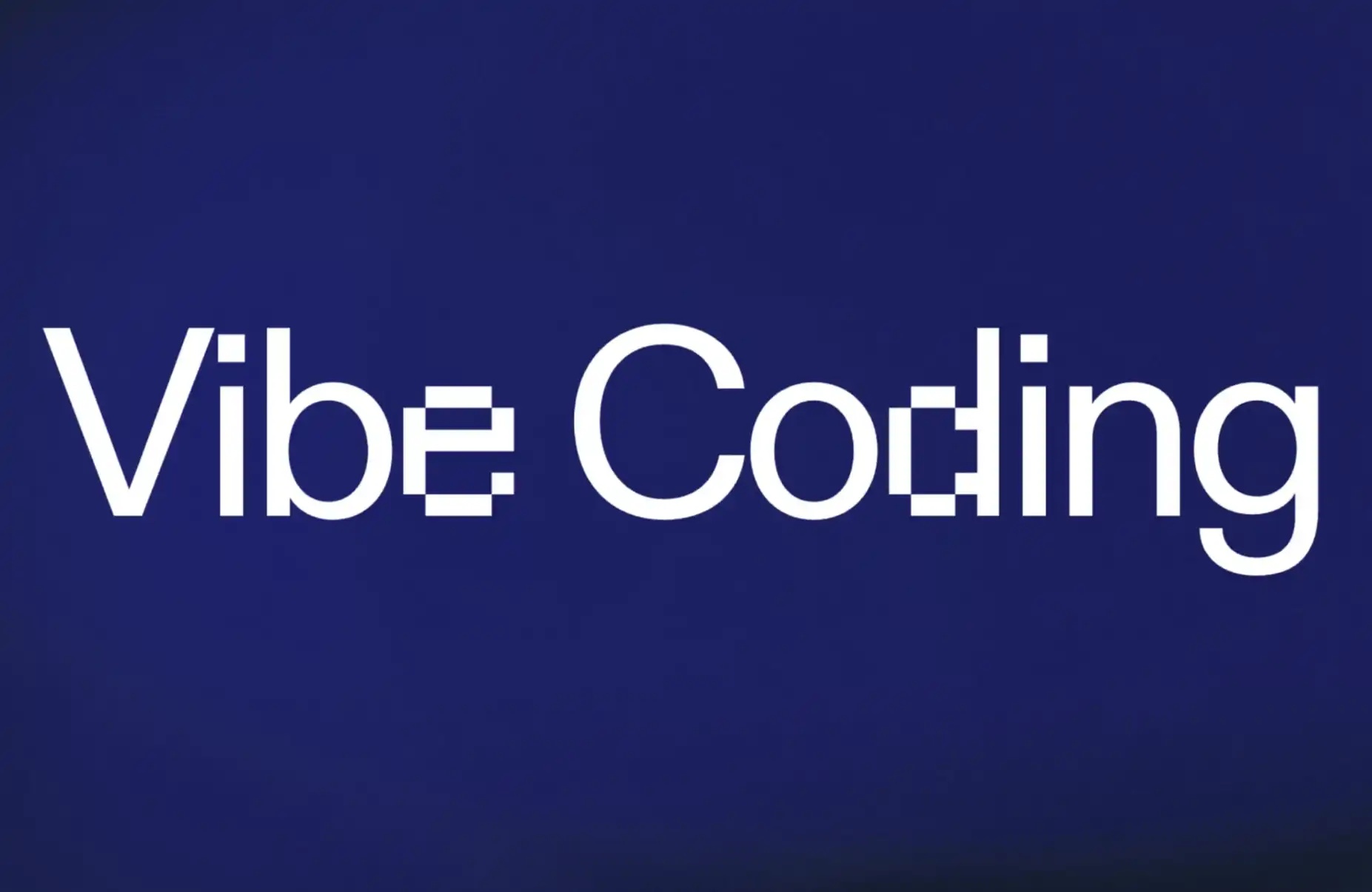EthCC Cannes Special Report: 10 Industry Trends Revealed at the Taiko-Based Rollup Summit
As global developers gathered in Paris for EthCC 2025, Taiko—the first based rollup scaling solution on Ethereum—successfully hosted the second Based Rollup Summit in Cannes, France, at the beginning of July, continuing to drive exploration of Ethereum's scaling future.
Key figures from the Ethereum Foundation, Celo, SSV Network, Boundless, and other ecosystem participated in in-depth discussions on based rollup technology, preconfirmations, and the ever-evolving Ethereum ecosystem.
The following are the 10 key takeaways from the summit:
1. Preconfirmations Everywhere—Even for Buying Coffee
Taiko's Chief Operating Officer Joaquin Mendes opened the summit with a relatable example, emphasizing that preconfirmations are not a foreign concept but a mechanism we use every day.
"Preconfirmations have always existed, even when you go buy a cup of coffee."
Mendes delved into how the preconfirmation mechanism works, how it makes the user experience on Taiko smoother and faster, and how it lays the foundation for understanding its crucial role in Ethereum's scaling.
2. The Future of ZK: Focus on User Needs Rather Than Tech Competition
Boundless CEO Shiv Sankar shared his views on the future of zero-knowledge technology, emphasizing that what truly matters is not technological competition but whether value can be created for users.
"The key is to figure out what users really need—then use ZK tech to meet those needs."
He pointed out that the main competitors of Web3 are not other chains but traditional tech giants like Amazon. The real challenge lies in understanding user behavior and building products they are willing to pay for.
3. URC Integration Enables Validators to Easily Access Based Services
SSV Network CEO Alon Muroch introduced the Universal Registry Contract (URC) and explained how SSV lowers the barrier to validator registration through programmatic integration, empowering them to participate in based rollup services.
"Now, most transactions are happening on L2 rather than the Ethereum mainnet. This is a huge opportunity for validators and rollups."
The SSV client has integrated URC, allowing validators to quickly complete registration without cumbersome operations, whether managing 10 nodes or 10,000 nodes, the process is equally smooth.
4. Why Ethereum Can't Simply Shorten Block Time and Why Preconfirmation Mechanism Is Important?
Taiko CEO Daniel Wang responded to a common question: Since the goal is a faster user experience, why not simply shorten Ethereum's block time to 1–2 seconds?
“Taiko's goal is to compress the block time from 12 seconds to below 2 seconds. But some may ask, why doesn't Ethereum do this itself?”
He pointed out that Ethereum currently has over 1 million validators, ultra-second consensus would require high hardware and synchronization demands, likely compromising its decentralization and accessibility. Therefore, based preconfirmation is a more realistic and in line with the Ethereum spirit solution.
5. What Is the "Success" Metric for Defining based preconfirmation?
Several conference guests jointly proposed key metrics for measuring the success of based preconfirmation:
For example, based rollup in operation, preconfirmation feature accessed by L1 proposer, and at least 20% of stake in staking choosing to participate.
At the same time, fee reduction and user experience optimization are also considered core signals to judge the feasibility of the solution.
6. Building the Future for Enterprises and Privacy
Ethereum Foundation Co-Executive Director Tomasz K. Stanczak emphasized that the strategic focus for mainstream adoption should be on enterprise deployment and privacy protection.
“We are not directly building products for end users. End users will access through Web2 platforms, and the underlying layer must be a truly trusted blockchain."
He believes that supporting enterprise participation and driving compliant collaboration is the key to unlocking mainstream global markets.
7. Ethereum's Story Needs to Be Better Told
Celo CEO Marek Olszewskii raised a thought-provoking question:
“Are We Attracting the Wrong Crowd?”
He suggested that in order to attract institutional investors and regular users, Ethereum needs to tell a clearer, more compelling story—not just as a “smart contract platform,” but as an asset ecosystem that truly generates value and unique benefits.
8. Horizontal Scalability is Ethereum's Sole Future
Ethereum Foundation researcher Justin Drake explicitly stated that Ethereum's vertical scalability has reached its limit and the next step must be towards horizontal expansion.
“We must scale horizontally; there is no other option. Even a second faster is not enough.”
He believes that solutions like shared sequencing and cheaper SNARK verification will allow rollups to settle in every gap, thus transitioning Ethereum out of its “adolescence.”
9. Booster Rollup: A New Paradigm of Scalability
Taiko Co-Founder and CTO Brecht Devos introduced the new concept of Booster Rollup, emphasizing the differences of this type of rollup from traditional solutions.
“The vast majority of contracts are deployed on L1, but each rollup can anchor directly to the mainnet.”
This means that L1 contracts can be directly invoked on L2, achieving auto-scaling without sacrificing composability.
10. True Scalability Means Internet-Level Accessibility
At the end of the summit, Avail Head of Business Kyle Rojas, Gastuvo from OpenZeppelin, and Harry Gao, Co-Founder of Luban, discussed a fundamental question: What are we really scaling for?
“Can we truly scale to the level of the internet? Can we support the user experience that everyday users have come to expect?”
They unanimously agreed that true blockchain scalability is not just about increasing TPS but about establishing a globally accessible system that remains decentralized, censorship-resistant, and secure.
Conclusion
In addition to technical insights, Taiko's Base Rollup event also featured interactive experiences where on-site guests could firsthand experience playing on-chain games built on Taiko's technology, showcasing a fun and vibrant side of blockchain innovation beyond the hardcore.
From the Preimage Manager to Booster Rollup, these cutting-edge practices driven by Taiko are shaping a truly scalable, implementable, and globalizable new future for Ethereum — and this is just the beginning.
Welcome to join the official BlockBeats community:
Telegram Subscription Group: https://t.me/theblockbeats
Telegram Discussion Group: https://t.me/BlockBeats_App
Official Twitter Account: https://twitter.com/BlockBeatsAsia
 Forum
Forum OPRR
OPRR Finance
Finance
 Specials
Specials
 On-chain Eco
On-chain Eco
 Entry
Entry
 Podcasts
Podcasts
 Activities
Activities








